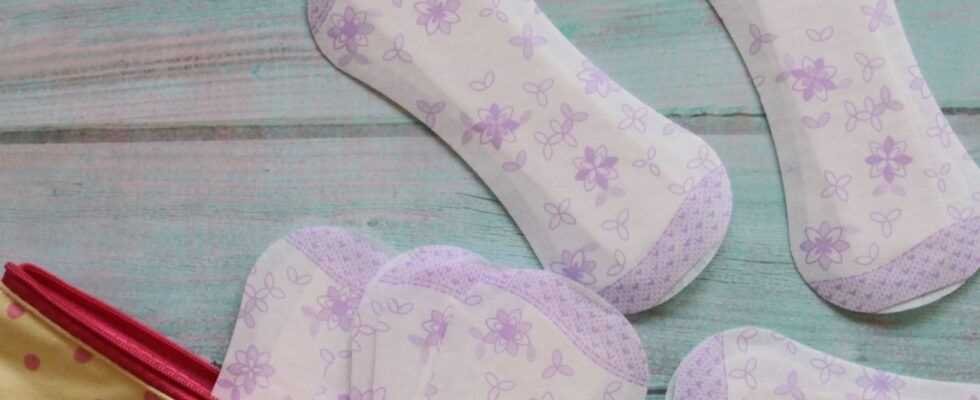According to data from FAGE and other associations, one in ten students is in need of financial assistance to buy periodic protection.
The health crisis has plunged students into precariousness. Described as "the great sacrifices" of covid-19 by the government, some students can no longer even afford to buy sanitary protection.
This is the alarming observation made by FAGE, the leading student organization and other associations, in a press release published on Monday, February 8. According to this study, a third of students believe they need financial assistance to buy their periodic protection.
A budget of nearly 100 euros per month
In France, it is estimated that nearly 1.7 million people are in menstrual precariousness, according to the Elementary Rules association. But menstrual hygiene comes at a cost: 7.50 euros per month, or 90 euros per year, or 3,420 euros over a lifetime.
Menstrual insecurity that affects all genders
In this study, of the more than 6,500 students, there are non-binary people (1.32%) and transgender men (0.6%). In addition, 13% of those questioned declared that they had already chosen between buying periodic protection and a basic necessity. More serious still, 33% ask for financial assistance to obtain it. "Before the Ipsos survey ordered by FAGE during the first confinement, there was no data on student menstrual insecurity in France", declared in a press release Paul Mayaux, president of Fage, and Fanny Toussaint, president of ANESF.
Make your own hygienic protections
Hygienic protection is not the only expense for students. There are especially the ancillary costs related to the rules such as stained linen or painkillers which can lead to spending more than 20 euros each month.
For lack of resources, one in 10 people confides having already made their own periodic protection. Also, one in 20 people use toilet paper for protection. "Access to a sufficient number of periodic protections is crucial for the health of menstruating people, in order to be able to change them regularly and to limit the risks", writes the FAGE, which demands "accessible prices" and transparency in the composition of products. "Every menstruating student must have access to the periodic protections of their choice, regardless of their financial situation."
To break this taboo around the rules, FAGE hopes that France will make periodic protection available free of charge, like Scotland. Or that she will release an envelope that would cover all monthly expenses for people who are menstruating.
